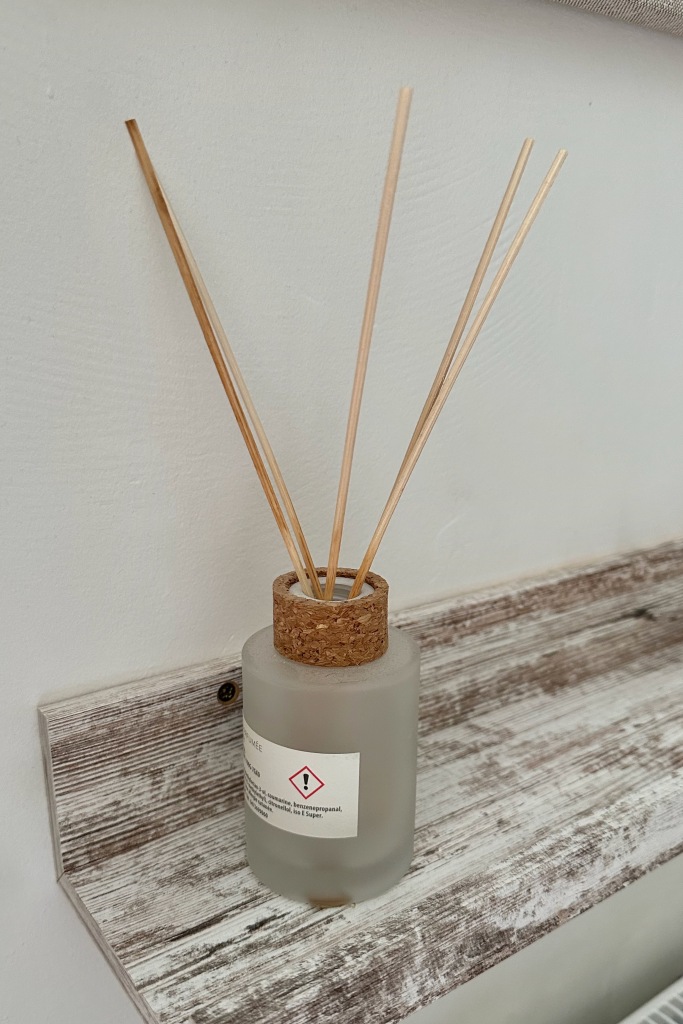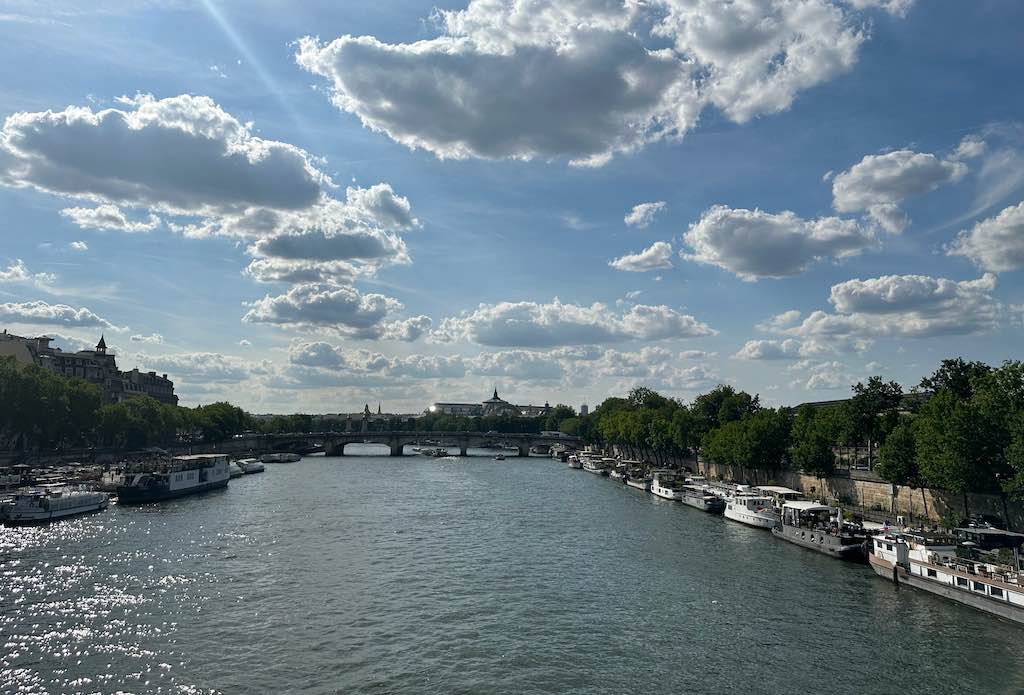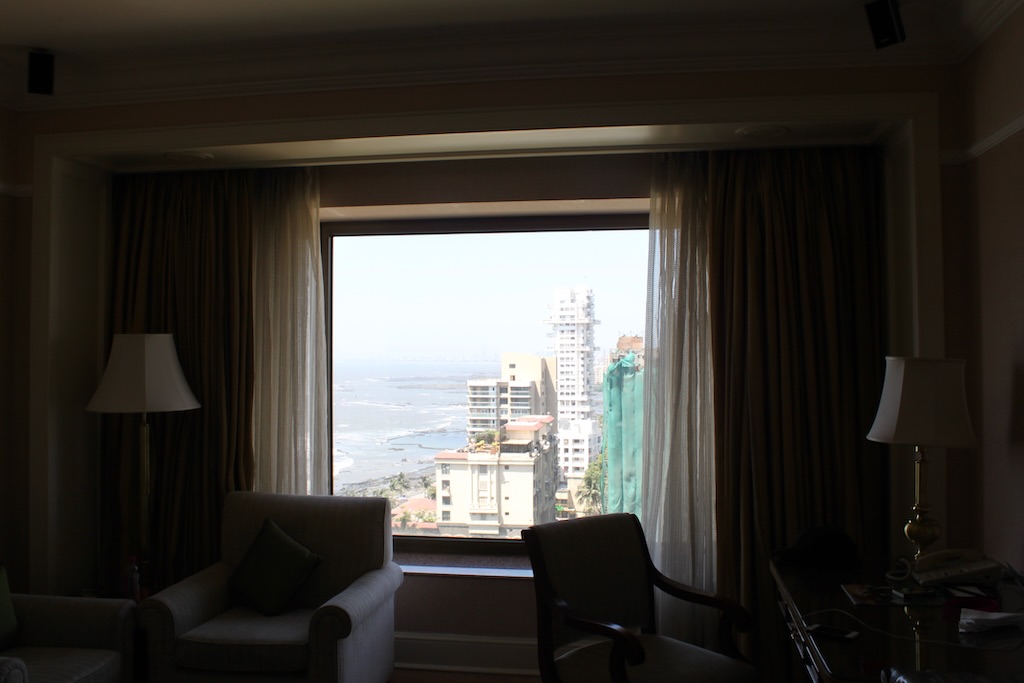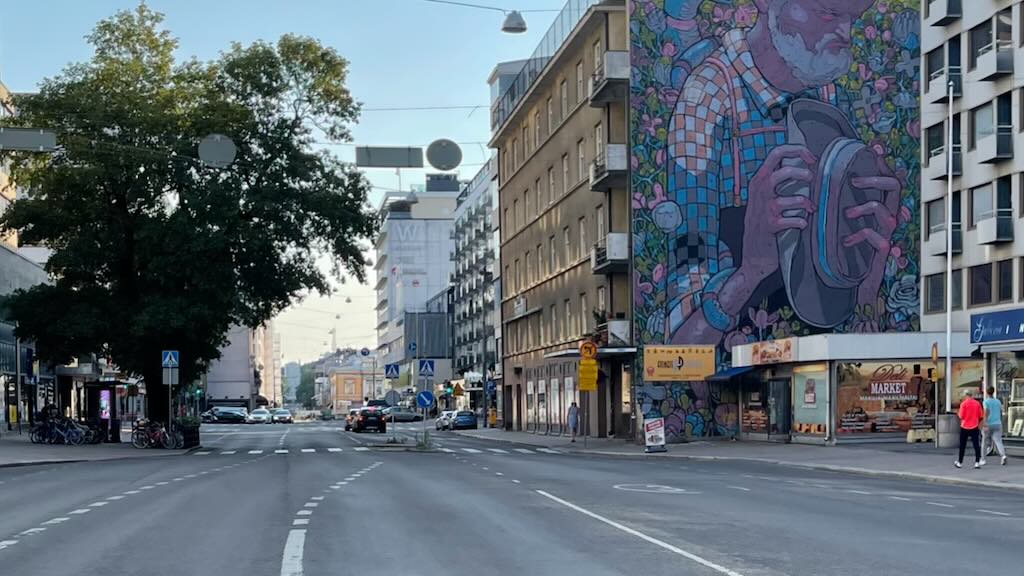This summer I travelled an adventurous journey to explore the Ile-de-France and the city of Paris. Among the many decisions that accompany travel, choosing accommodation is often the most daunting. This trip marked my first experience with Airbnb, a venture that forced me to reconsider my future lodging choices critically. I had previously stayed in guest houses only, in addition to hotels. Read what happened and what I learned –
The Decision to Try Airbnb
The rationale behind opting for Airbnb in the first place was primarily budget-driven. Summer time hotel prices in Paris are expensive for freelancers and digital artists who like to stay in the destination a bit longer, to capture the true essence of the place and then portray it digitally. The sharing economy promised a more financially viable option without compromising too much on comfort.
A Five-Star Apartment in Ile-de-France
On the surface, the apartment seemed to have all the trappings of a luxurious abode. Located in the tranquil environs of the Ile-de-France region, it beckoned with an understated elegance that I found immediately appealing. The interiors were well-maintained and aesthetically pleasing, promising a five-star experience.
Arriving to Uncomfortable Surprises
However, upon my late-night arrival, I quickly discovered that appearances could be deceiving. I went to sleep almost immediately, only to find that the mattress was uncomfortably firm, causing significant back pain. The pillow, at least three times larger than my own at home, made for an awkward night’s sleep, so I had to abandon it.
A Breathless Night
As I tossed and turned in bed, waiting for sleep that never came, I began to feel increasingly suffocated. The apartment did not have windows, but luckily there was a balcony. I opened the door just enough to let in some fresh air, wary of the unknown elements outside given the balcony’s ground-level location. I soon realized that the cause of my discomfort was the overpowering scent of sticks placed in the room, akin to incense but they were not burned. Relocating the sticks into the balcony and keeping the door ajar alleviated the issue enough to make the space bearable. However, it made me ponder: what were my options had I not discovered the source of discomfort?
The Limits of Hospitality
While the Airbnb host was friendly and accommodating, their support had its limits. Unfortunately, a replacement for the uncomfortably large pillow was not available. Even an alternative in emergency — like the couch cushion — proved unusable due to its pungent fragrance, which permeated even through my own pillowcase brought from home.
Takeaways for the Future
So the one week without sleeping properly in an airbnb flat -experience was enlightening, to say the least. It highlighted the crucial factors that often go overlooked when choosing transient accommodations: the quality of bedding, indoor air quality and the responsiveness of the host to specific needs. Although the host was gracious, the limitations of this particular Airbnb experience were hard to ignore.
This voyage served as a reality check, pushing me to more carefully evaluate lodging options for future travels. It emphasized the inherent gamble in opting for shared accommodations over traditional hotels, particularly for those with sensitive needs or preferences. As with any experience, it came with lessons—some immediate and some for long-term considerations—which will undoubtedly influence my future travel choices.

10 Key Factors to Consider When Choosing an Airbnb Accommodation
Selecting the perfect Airbnb flat can significantly influence the overall experience of your journey. While the platform’s ratings and reviews offer an initial guide, digging a little deeper can help you ensure that the property matches your specific needs. Here are ten essential factors to consider when making your choice:
1. Location
Investigate the area where the property is situated. Although they won’t tell you the exact address beforehand, try to see, is the location conveniently located near public transportation, tourist attractions, or the business district if you’re traveling for work. Consider safety, noise levels, and general ambiance as well.
2. Amenities
Check for the availability of essential amenities that matter to you. These could range from Wi-Fi and air conditioning to a fully-equipped kitchen or even a swimming pool. Make sure that the amenities align with your needs for either a leisurely or work-focused stay. I for example was supposed to have a wi-fi in my airbnb, but it did not open, or if it did, it was so slow as if it was 2005 in India. Luckily I had internet in my phone. so I was able to check-in my flight and such.
3. Check-In and Check-Out Procedures
Some Airbnb hosts offer flexible check-in and check-out times, while others have rigid schedules. If you’re arriving late or have to leave early, ensure that the accommodation can accommodate your timing. The key in the locked box -system proved to be very useful and I liked it. In that you get the key from the box with a code and you return the key to the box when you leave. Your responsibility is to keep the code secured.
4. Host Responsiveness
Communication is crucial, especially when traveling to a new place. Scan through reviews to see if the host is described as responsive and helpful. Perhaps try sending a preliminary inquiry to gauge their communication style and response time. I liked that my host provided me guidance on how to arrive from the airport with public transport or taxi. That was very useful in the middle of the night in a strange location.
5. Reviews and Ratings
While a few negative reviews shouldn’t be a deal-breaker, they can provide insight into potential issues. Look out for recurring complaints, such as cleanliness or noise, that could be red flags. Interestingly though, the tap in my flat was in very miserable condition and nobody had mentioned the broken tab in the Airbnb reviews. so you need to still be ready for surprises.
6. Cancellation Policy
Life is unpredictable, and travel plans can change abruptly. Pay close attention to the cancellation policy to understand what you’re committing to and what options you have if you need to make last-minute changes.
7. House Rules
Some hosts have strict house rules that can range from no parties or gatherings to restrictions on using specific amenities. Make sure you read and are comfortable with all the stipulations before booking.
8. Accessibility
If you have specific accessibility needs, such as an elevator or wheelchair ramps, verify that the property can accommodate these. Not all listings may provide accurate or comprehensive information on accessibility features. In my airbnb flat in Ile-de-France for example the outdoor was accessible only after stepping a few steps, though the flat was said to be in the first floor. No wheelchair could not have come up the 5 stairs.
9. Additional Costs
Be aware of any additional fees, such as cleaning charges, security deposits or extra costs for additional guests. These can quickly add up and significantly impact your budget. In my case in Ile-de-France, the cleaning costs were some 60-70e on top of the daily accommodation fee.
10. Host’s Background
Many people overlook this, but it’s good to check the host’s background by reading their profile and other listings. A host with multiple properties or years of experience may offer a more streamlined and professional experience.
Remember, the key to a satisfying Airbnb experience is thorough research and clear communication with your host. Armed with these considerations, you’re better equipped to find an accommodation that meets both your expectations and requirements.
And if you decide to stay in an airbnb flat, do leave honest comments and feedback to the system – sharing is caring!
Useful links:






Leave a comment